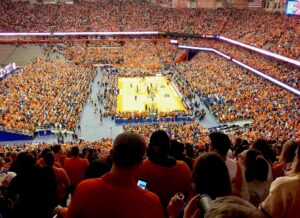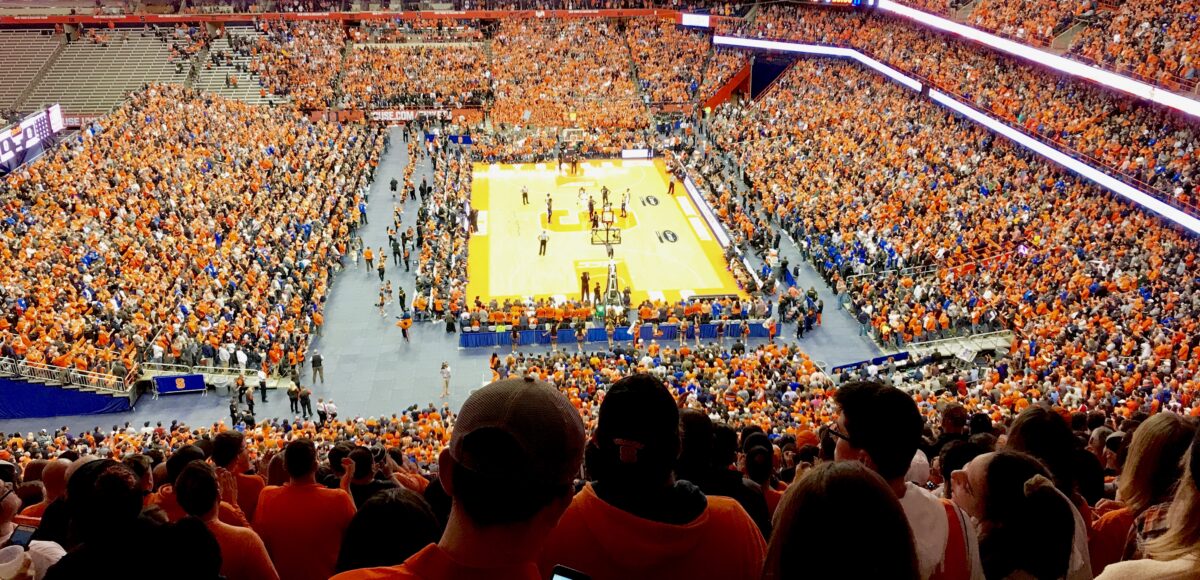 I want to focus not on the wisdom of the Supreme Court decision concerning paying student-athletes, but instead how higher ed should respond. The inevitable result of this ruling is that the revenue-generating sports will cost more money, perhaps eventually a lot more money. That money will come from somewhere. Many athletics departments already lose universities a good amount of money and this will only make that situation worse. How should universities respond such that this does not result in even more money being siphoned away from academics to sports during a period where entire humanities depts and even whole colleges are closing due to financial exigency?
I want to focus not on the wisdom of the Supreme Court decision concerning paying student-athletes, but instead how higher ed should respond. The inevitable result of this ruling is that the revenue-generating sports will cost more money, perhaps eventually a lot more money. That money will come from somewhere. Many athletics departments already lose universities a good amount of money and this will only make that situation worse. How should universities respond such that this does not result in even more money being siphoned away from academics to sports during a period where entire humanities depts and even whole colleges are closing due to financial exigency?
My own view about what would be ideal would be for a radical scaling back of the unique experiment of making US higher ed the home of high-profile minor-league sports. I also very much see it as antithetical to the mission of colleges and universities to pay its students to engage in activities that cause brain damage.
But my question is not about what is ideal, but about what it makes sense to work for now in this new environment the SCOTUS has created.
While this post is mainly just an attempt to get us to share our thoughts on the matter, I will share three of my own suggestions.
- That as the revenue-generating sports start costing more, we should advocate for a serious scaling back of non-revenue generating sports, compatible with Title 9. And attempt to move toward a revenue-neutral athletics dept. This would have some advantages, such as reducing the number of “set-asides” in admission for athletics.
- The impact of the SCOTUS ruling will be to increase the difference between the haves and the have nots. The “Power 5” conferences get a lot more TV revenue and will be able to offer more money to the most coveted athletes. As a result, fewer of such athletes will go to schools in other conferences. And so the other conferences will be less competitive with the best than they are now. Further, my understanding is that it is the schools in the non Power 5 conferences that are losing the most money now as they try to keep up without all the TV revenue. In that environment, combined with the predicted upcoming severe economic hardship for a wide swath of non-elite colleges and universities, it may prove possible to successfully advocate for the elimination of even the most popular sports.
- Faculty need to lead this response. Sports tend to have an organized and “single-issue voter” set of alumni ready to advocate strongly for their retention. Thus faculty will need an organized and dedicated response to prevent this SCOTUS ruling from shifting spending in higher ed away from academics.

